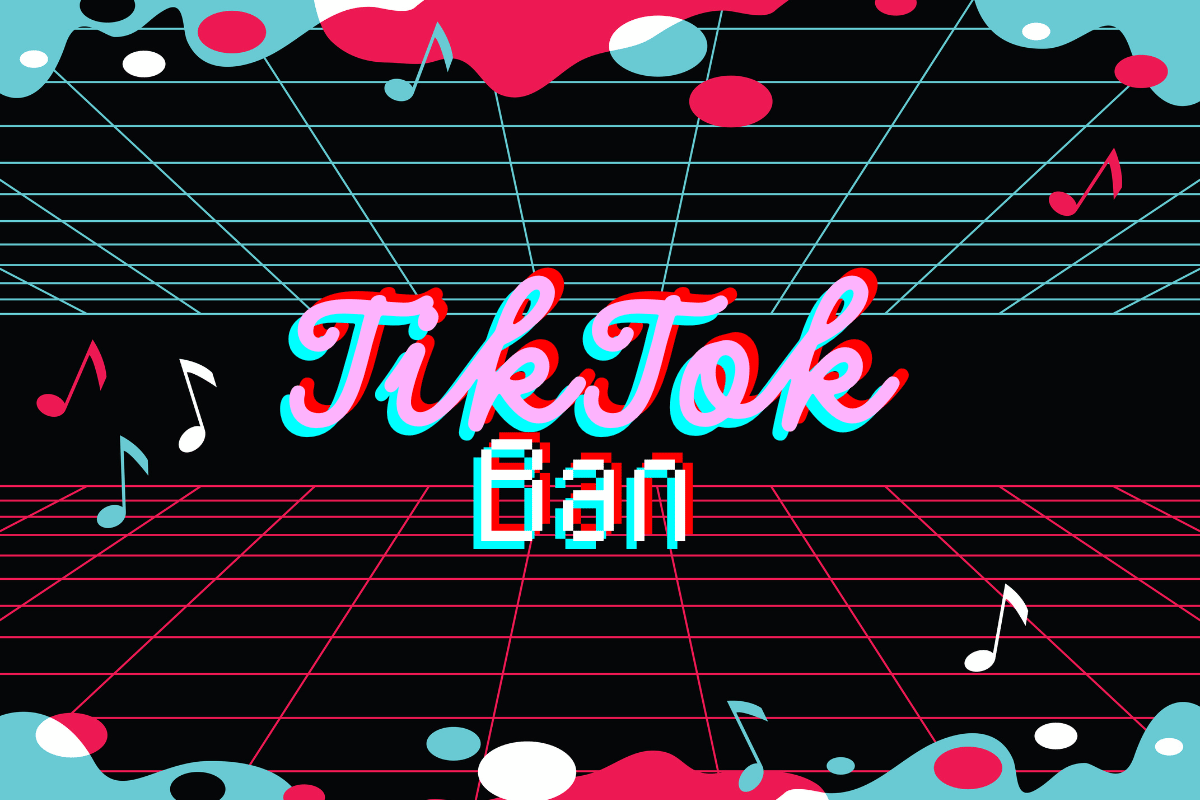Judges Show Skepticism Towards TikTok's Case During US Ban Hearings

TikTok had a tough day in court - with results leaning against its favor.
As it argued against a U.S. law that could lead to its ban unless its Chinese parent company, ByteDance, divests its ownership by January 19, 2025.
The case was heard by a three-judge panel at the D.C. Circuit Court of Appeals, where TikTok's legal team presented their case against the legislation signed by President Biden in April 2024, citing First Amendment rights and arguing that the law unjustly targets the platform.
"TikTok — is used by 170 million Americans — now has its future resting in the hands of three judges"
Court Proceedings
During the hearing, TikTok's attorney, Andrew Pincus, contended that the law imposes an "extraordinary speech prohibition" and is unconstitutional.
He emphasized that this legislation uniquely affects TikTok and its users, limiting their ability to communicate and share information. However, the judges exhibited skepticism towards TikTok's arguments.
They questioned whether Congress has the authority to impose such restrictions based on national security concerns regarding foreign ownership.
The Department of Justice defended the law by asserting that it is a necessary measure to mitigate potential national security threats posed by TikTok's ties to China.
"Legal experts have suggested that the court may rule against TikTok, with some predicting that the case could ultimately reach the Supreme Court "
Implications
The outcome of this legal battle is critical not only for TikTok but also for broader discussions about free speech in relation to foreign-owned platforms.
If the court rules in favor of the government, it could set a precedent for how similar cases are handled in the future, particularly regarding foreign influence and data privacy concerns. As public support for a TikTok ban has waned—dropping from 50% in March 2023 to just 32%—the case reflects ongoing tensions between national security interests and individual rights in an increasingly digital world.
Key takeaways from TikTok's court hearing
- Skepticism from Judges: The panel of judges expressed significant skepticism toward TikTok's arguments against a potential ban, indicating doubts about the platform's ability to challenge the law effectively.
- National Security Concerns: The Department of Justice defended the ban as necessary for national security, highlighting TikTok's connections to a foreign adversary and the risks associated with foreign ownership.
- Implications for Creators: The case raises concerns for content creators, as upholding the law could limit their ability to engage with media companies owned by foreign entities, potentially affecting their freedom of expression.
- Future of TikTok: The judges' questioning focused on the implications of foreign ownership on First Amendment rights, leaving TikTok's future uncertain as the company faces a January 19th deadline for divestment. The decision may ultimately be appealed to the Supreme Court.





